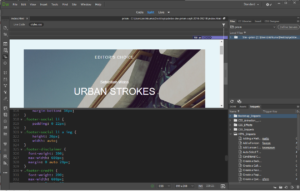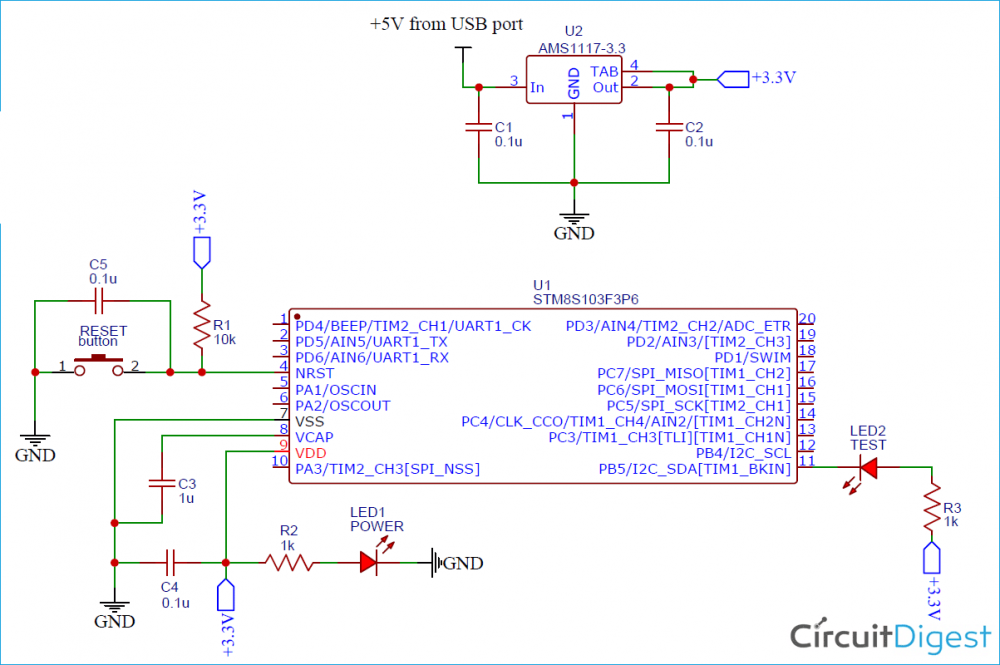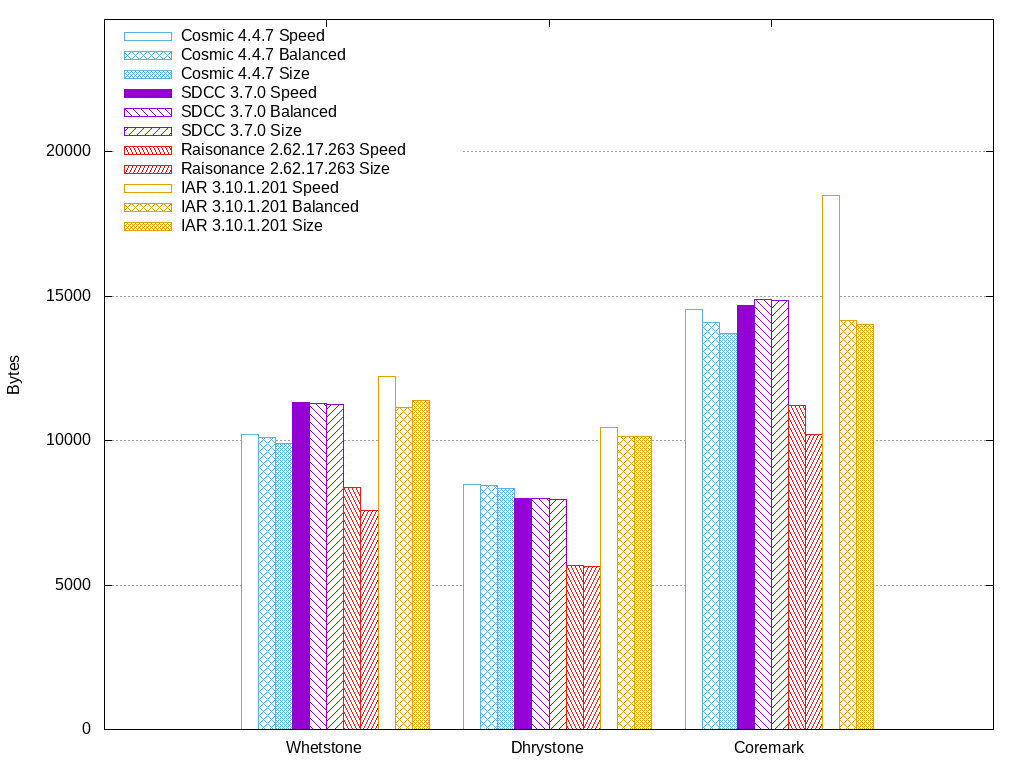

- #COSMIC STM8 COMPILER LATEST VERSION DIFFERENCES MANUAL#
- #COSMIC STM8 COMPILER LATEST VERSION DIFFERENCES FULL#
- #COSMIC STM8 COMPILER LATEST VERSION DIFFERENCES VERIFICATION#
- #COSMIC STM8 COMPILER LATEST VERSION DIFFERENCES SOFTWARE#
- #COSMIC STM8 COMPILER LATEST VERSION DIFFERENCES CODE#

#COSMIC STM8 COMPILER LATEST VERSION DIFFERENCES CODE#
The condition code register has two more defined bits, for a total of seven. The accumulator A and the stack pointer remain 8 and 16 bits, respectively. It has the same six registers (A, X, Y, SP, PC, CC) as the ST7, but the index registers X and Y have been expanded to 16 bits, and the program counter has been expanded to 24 bits. Random access to data above 64K is limited to special "load far" instructions most operations' memory operands can access at most 128K (a 16-bit base address plus 16-bit offset).ĭepending on the device type, the amount of RAM is in the range of 1 to 6 KiB, and the amount of ROM is 4 to 8 KiB (Low density), 16 to 32 KiB (Medium density), or 32 to 96 KiB (High density). Code execution from the EEPROM is denied and creates a reset event. On access the "memory bridge" stalls the CPU if required so that RAM-like write access to the flash ROM is possible. Although internally a Harvard architecture it has "memory bridge" that creates a unified 24-bit address space, allowing code to execute out of RAM (useful for in-system programming of the flash ROM), and data (such as lookup tables) to be accessed out of ROM. i.e.The STM8 is very similar to the earlier ST7, but is better suited as a target for C due to its 16-bit index registers and stack pointer-relative addressing mode.
#COSMIC STM8 COMPILER LATEST VERSION DIFFERENCES VERIFICATION#
The end record (S7, S8 or S9) in my application's S-record is not compatible with my ROM burning program and/or the verification utility.It seems some are allocated in the reverse order and some are allocated in the order declared. How do I force the compiler to allocate data objects in the order I declare them.How do I store a specific value at a specific memory location in ROM/Flash? Why Can't I use the absolute addressing feature?.How do I extract S-Records for just a segment of code or data?.How do I link more than one copy of the same library without name conflicts? I have an application that requires the Cosmic libraries to be linked in two locations.Do I have to change the vector table when writing an ISR?.How do I write my own ISRs (Interrupt Service Routines) and can I call an interrupt function from another function?.


#COSMIC STM8 COMPILER LATEST VERSION DIFFERENCES FULL#
#COSMIC STM8 COMPILER LATEST VERSION DIFFERENCES MANUAL#
Please read the very useful The C Language Specifications Manual as well as the Cosmic compiler manual. This page contains all those Frequently Asked Questions that are not specific to a micro or architecture.
#COSMIC STM8 COMPILER LATEST VERSION DIFFERENCES SOFTWARE#
Cosmic Software Frequently Asked Questions - General section


 0 kommentar(er)
0 kommentar(er)
